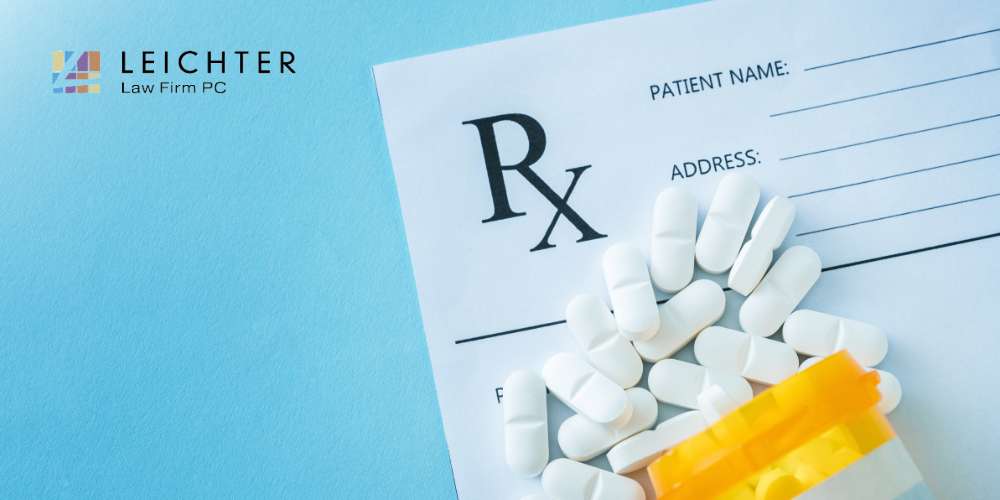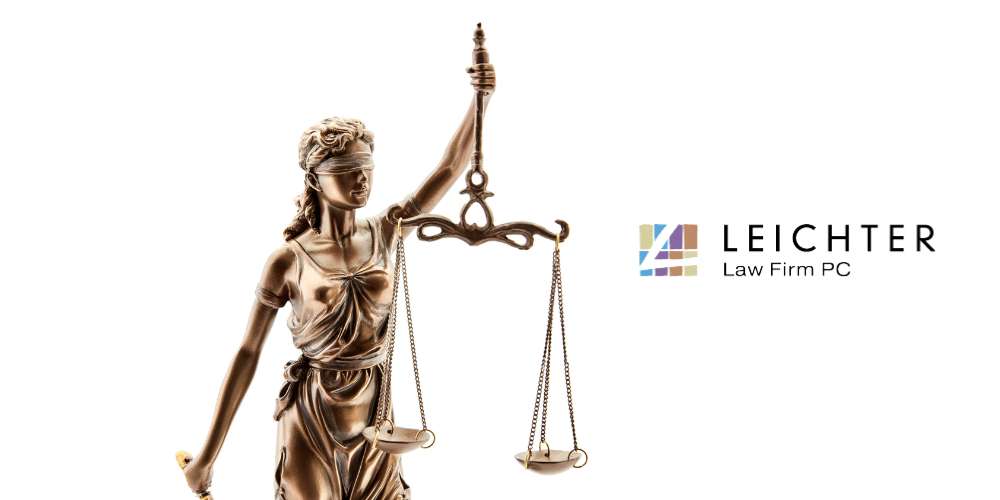DEA LAWYER IN TEXAS
Home » Practice Areas » Physician License Defense » DEA Investigations and Health Care Practitioners
DEA Investigations Attorney
The Texas DEA defense lawyers at Leichter Law understand that there are many moving parts when it comes to DEA investigations. When medical professionals and pharmacies face these investigations, it’s crucial to understand why and how to respond. The risks involved with these cases are high, so it’s important to work with a skilled DEA lawyer.
As soon as you know that you are under investigation by the DEA, seek experienced legal counsel. The DEA defense attorneys at Leichter Law can intervene, handle the DEA agents on your behalf, and give your case the best possible chance at a favorable outcome.
To schedule a free consultation about your case, please call Leichter Law at 512-495-9995 today.

What Is the DEA (Drug Enforcement Administration)?
The Drug Enforcement Administration, also known as the DEA or Drug Enforcement Agency, is the federal agency that enforces controlled substance laws in the U.S. It was granted statutory authority under the federal Comprehensive Drug Abuse Prevention and Control Act of 1970. Under the auspices of the Act, the DEA has the responsibility to control the distribution of controlled substances. Their work also intermingles with the Controlled Substances Act.
Controlled substances include opiates and opioids (morphine, codeine, hydromorphone/Dilaudid, hydrocodone, Fentanyl); benzodiazepines (alprazolam/Xanax, lorazepam/Ativan, diazepam/Valium, midazolam/Versed); amphetamines (Ritalin and Adderall); and certain other drugs like carisoprodol/Soma and Ambien.
The DEA manages prescribed controlled substances by registering healthcare practitioners who dispense them. Practitioners who require DEA registration include physicians, mid-levels such as physician assistants (PAs) and advanced practice nurses (NPs, etc.), dentists, veterinarians, and pharmacies.
Healthcare practitioners typically need the services of an attorney when dealing with the DEA when they’re seeking an initial registration, when they’re the subject of an investigation and have been issued a show-cause order, or when they’re the target of a surprise inspection usually leading to a request for voluntary surrender.
The DEA investigation attorneys at Leichter Law Firm PC have substantial experience in dealing with all aspects of the DEA process. If you have been the target of a DEA inspection or have been requested to surrender your controlled substance registration voluntarily, the experienced attorneys of Leichter Law Firm PC can assist you.

When Does the DEA Get Involved?
The DEA gets involved not only in cases involving criminal drug organizations, but also in those involving suspected healthcare fraud. Specifically, the DEA may get involved in investigations involving the following.
- Orders to show cause
- Providers’ prescription-related billing practices
- Allegations of drug diversion
A DEA audit can span a wide range of cases where Controlled Substances Act substances are involved. However, many factors can contribute to the likelihood of a DEA compliance investigation being triggered. Some of these elements include geographic location, prescription volume, prescription consistency, previous mistakes, and coding errors.
Even unintentional mistakes could trigger DEA investigations, so it’s important to be prepared for these occasions. Having a skilled attorney at your side is invaluable when it comes to protecting your license and your practice.
What Does the DEA Investigate?
The Drug Enforcement Administration (DEA) investigates a wide range of drug-related crimes and activities. It also focuses on regulating licensed individuals and pharmacies that administer controlled substances and prescribe controlled substances. Some specific areas that the DEA may cover in their investigations include the following.
- Drug crimes
- Prescription drug abuse
- Money laundering
- Organized crime
- International drug trade
Overall, the DEA’s mission is to enforce the controlled substances laws and regulations in the United States. However, doctors, pharmacists, and other health care providers often find themselves under investigation due to simple mistakes or misunderstandings. That’s where the DEA defense attorneys at Leichter Law come in.
What Type of Crimes Does the DEA Investigate?
Crimes that the DEA investigates relate to illegal drugs and controlled substances. One of the primary areas of focus for the DEA is drug trafficking. This involves the illegal distribution, transportation, and sale of illicit substances, such as fentanyl, morphine, oxycodone, and methamphetamine (Schedule II Controlled Substances).
The DEA also investigates suspected crimes such as the following.
- Drug manufacturing operations
- Prescription drug fraud
- Pharmaceutical diversions
- Pharmacy theft
- Illegal prescribing practices
- Trafficking diverted medications on the black market
The DEA often collaborates with other law enforcement agencies at the federal, state, and local levels to investigate and prosecute drug crimes.

How Does the DEA Investigate Drug Cases?
The DEA investigates drug cases by collecting three types of drug intelligence. These intelligence types are tactical, strategic, and investigative. Tactical intelligence helps agents perform arrests, seizures, and interceptions. It aids in the carrying out of any DEA enforcement action.
Strategic intelligence allows DEA agents to disperse resources and create effective policies. Finally, investigative evidence provides information on individuals or organizations tied to money laundering or drug trafficking. Facing the DEA alone can feel extremely intimidating. We strongly recommend contacting our DEA attorneys as soon as you realize you may be under investigation.
DEA Investigation Process
To inspect the premises, the DEA and its agents usually need an administrative warrant or inspection notice. Unfortunately, this procedure is not always properly observed, and DEA agents often intimidate registration holders into letting them enter the premises and conduct an inspection without such legal authority.
After an inspection, the DEA will usually “request” that the licensee surrender their controlled substance registration. The licensee, who does not know their rights under the Act, will feel pressured into giving up their controlled substance registration. Oftentimes, the violation does not merit surrender and can be resolved through a negotiated settlement. Moreover, a voluntary surrender of your DEA controlled substance registration would have adverse effects on your Texas Department of Public Safety (Texas DPS) controlled substance registration.

Why You Need a DEA Defense Attorney
Controlled substance registration holders should consult with a knowledgeable DEA attorney before they surrender their registrations. When a DEA agent inspects your premises, they must present a Form 82, Notice of Inspection. What healthcare practitioners may not realize they can refuse to consent to the inspection by refusing to sign Form 82. When you refuse to sign Form 82, the DEA cannot return until they get an administrative inspection warrant or search warrant.
If you consent to an inspection, the DEA is limited in what it can do. For example, the DEA is authorized to “inspect, copy, and verify the correctness of records required to be kept.” However, they can’t review sensitive information like financial records or patient charts. You may have been unaware of your right to refuse to sign Form 82, of your right to protect sensitive data, and of other rights you have as a healthcare practitioner.
If the DEA puts you and your healthcare practice in this difficult position, you may be confused about what to do next. If you don’t know what legal rights the Act affords you, surrendering your controlled substance registration may seem like the easiest thing to do.
However, you don’t have to be intimidated into surrendering your controlled substance registration when the DEA fails to follow proper inspection protocol. An experienced DEA attorney can show you all the aspects where the DEA is legally wrong in this complicated situation. Your attorney will know your rights and will advocate for them on your behalf.
What to Expect from DEA Agents – and How to Be Prepared
When a DEA inspector visits your healthcare practice, they must identify themselves with a badge. If the inspector didn’t, you already have a case against them. Next, the inspector must present Form 82. Again, you have the right to refuse to sign this document. The inspector may claim that they will “come right back with a warrant” if you refuse to sign Form 82.
Then, the DEA inspector may ask you to provide them with information such as:
- Your current DEA registration denoting “X” waived status
- Your Patient Prescription Logs and Dispensing Logs
- Your list of patients receiving buprenorphine or similar medications
You do not have to consent to an inspection without a warrant. However, if you do, you should notify all waivered physicians of the DEA’s right to audit them. In addition, you can be prepared for an inspection by making sure that all relevant documentation is in compliance and easily accessible.
Staff members of your healthcare practice have the right to oversee DEA inspections, so you should train one or two members of your team to observe DEA inspections. There is strength in numbers, and if the DEA sees that everyone in your practice understands what happens during a DEA inspection, they are less likely to try to intimidate or trick your staff into revealing information they are not allowed to see.
The DEA inspector will also realize that all of you know your rights and know what they can and can’t do. This will keep them in check and is more likely to ensure that they abide by the rules according to the Act.

Why Choose Leichter Law Firm PC to Handle Your Case?
At Leichter Law Firm PC, our attorneys have a wealth of combined experience in helping healthcare practitioners achieve justice against negligent DEA agents. Our founder, Louis Leichter, specializes in the area of license defense.
He is a member of the Travis County Bar Association Administrative Law Section, Health Law Section, and Business Law Section. He, as well as the rest of our experienced attorneys, will provide you with the best possible legal representation when you’ve been unfairly intimidated by the DEA.
Our Texas administrative law attorneys have a demonstrated history of helping clients like you win even the most complex cases. For more information, you can visit our results and testimonials pages, or contact us today for your free consultation.
Contact a Texas DEA Lawyer Today
If you have been involved in an inspection with the DEA and have been “requested” to surrender your controlled substance registration, Leichter Law Firm PC can help you. If the DEA fails to follow proper protocol at any stage of your encounter, we can defend you regarding your controlled substance registration.
We have the knowledge and experience necessary to help you seek justice against negligent DEA inspectors. One of our compassionate attorneys is ready to take on your case, and all you have to do is contact us now for a free consultation by calling us at 512-495-9995. We look forward to assisting you.
Get in Touch
Office Locations
1602 E 7th St
Austin, TX 78702
Phone: (512) 495-9995
Get Directions
3700 N Main St
Houston, TX 77009
Phone: (713) 714-2446
Get Directions
214 N 16th St #128
McAllen, TX 78501
Phone: (956) 205-0884
Get Directions

